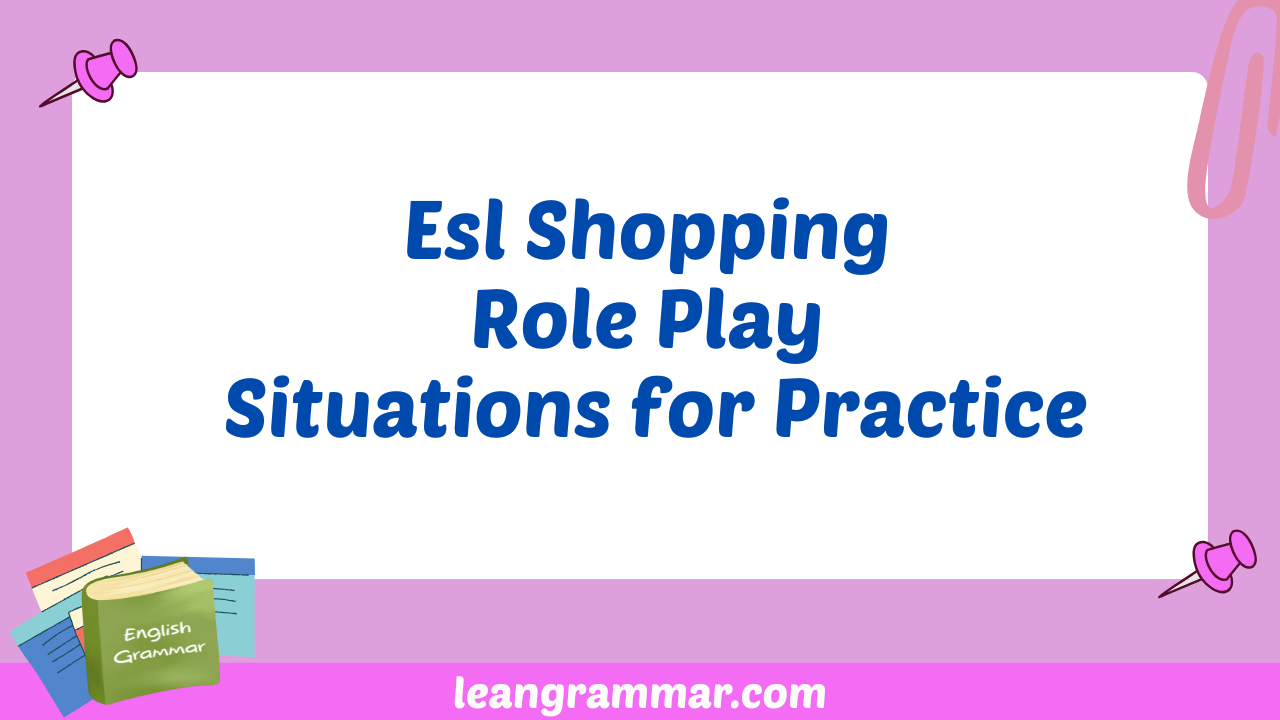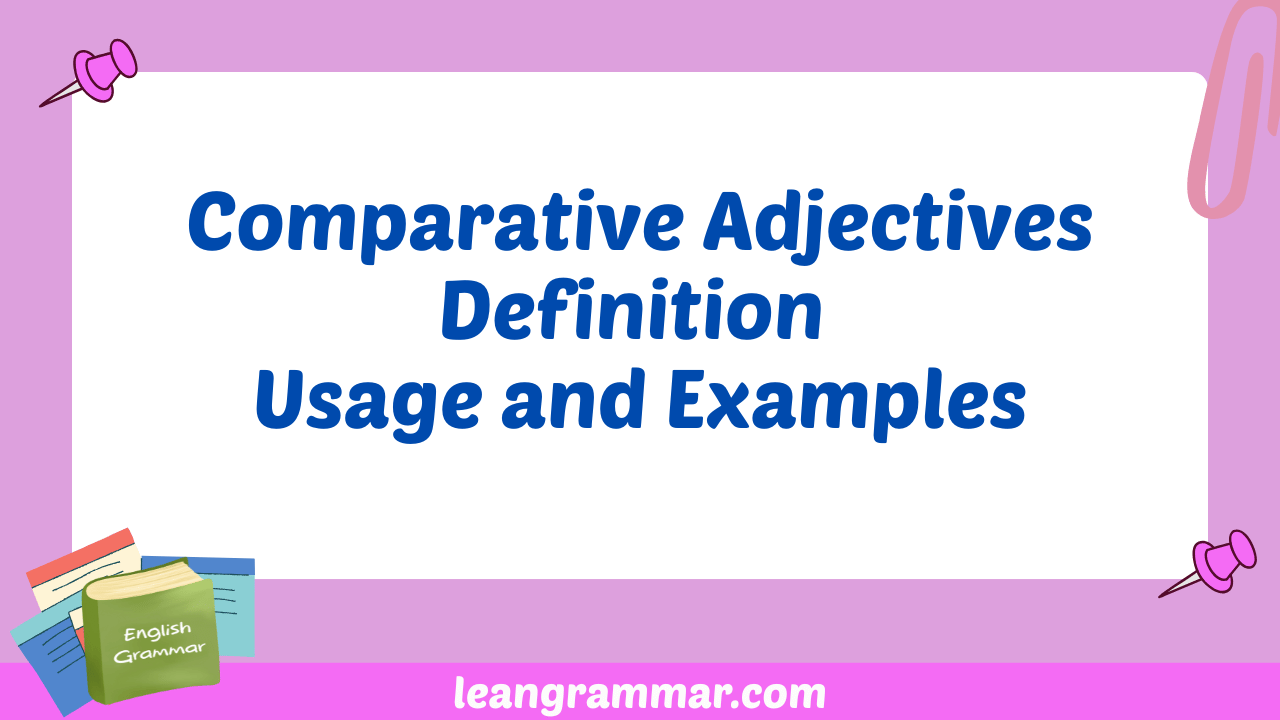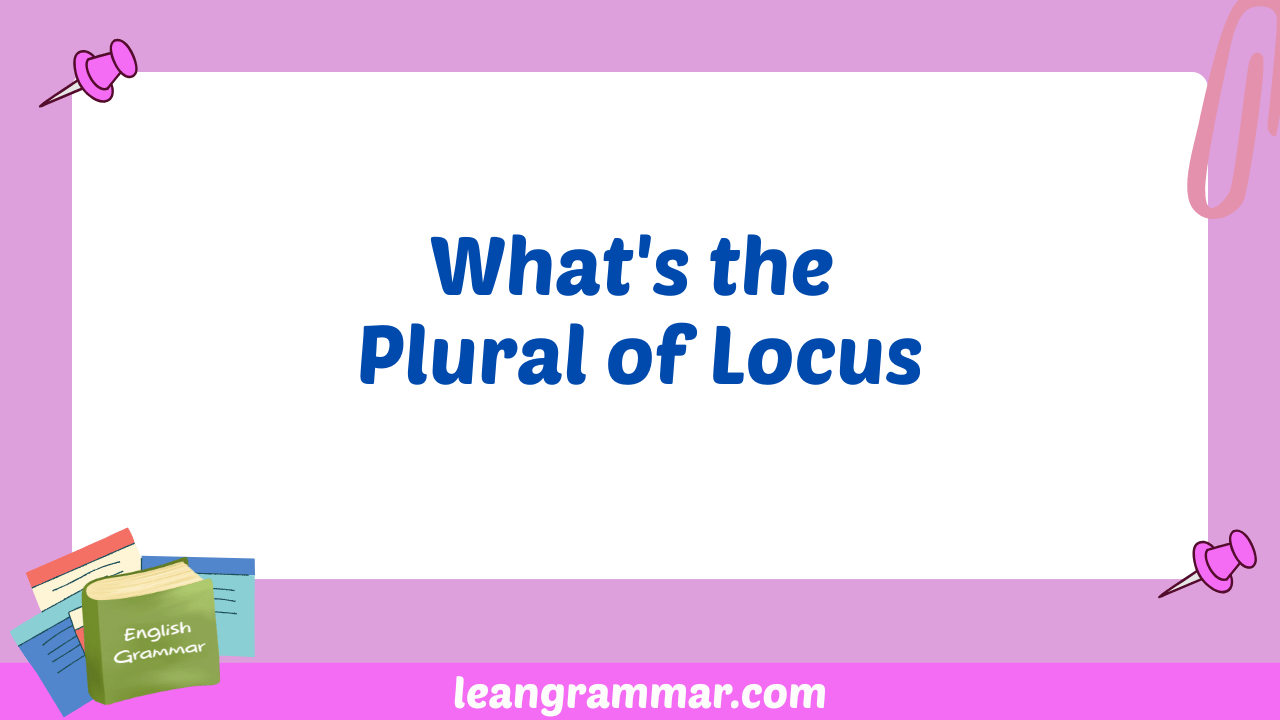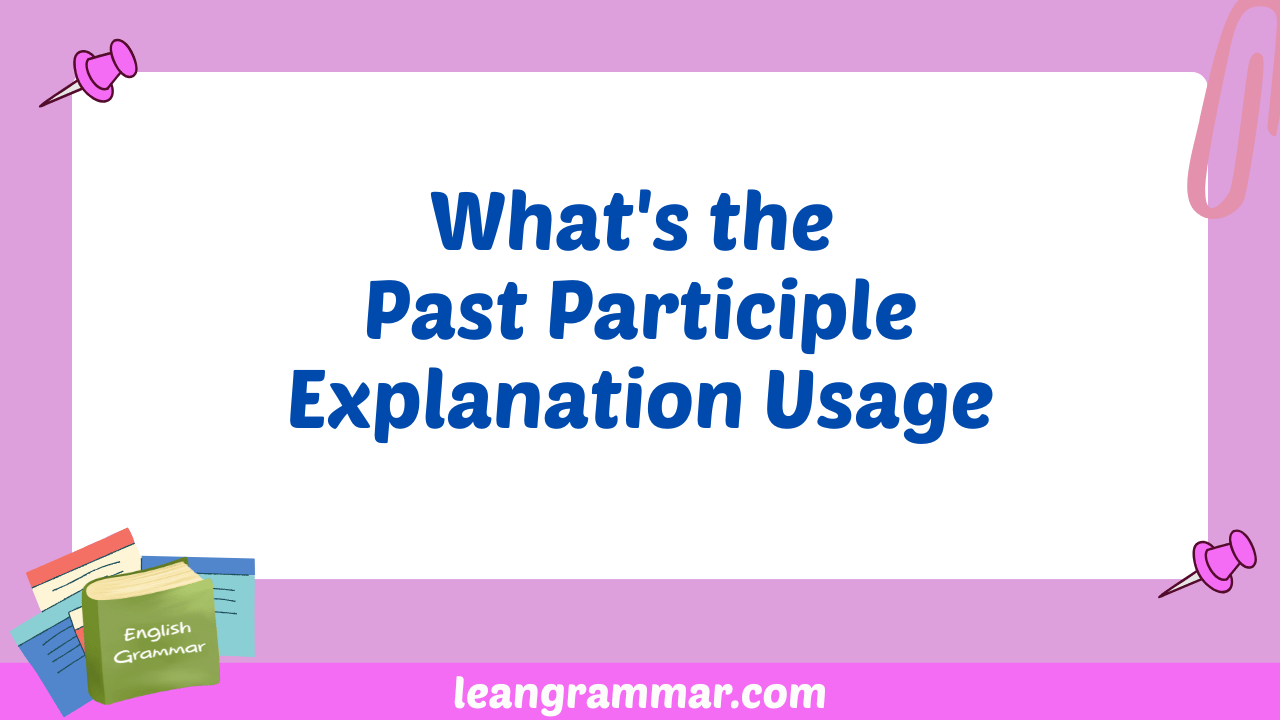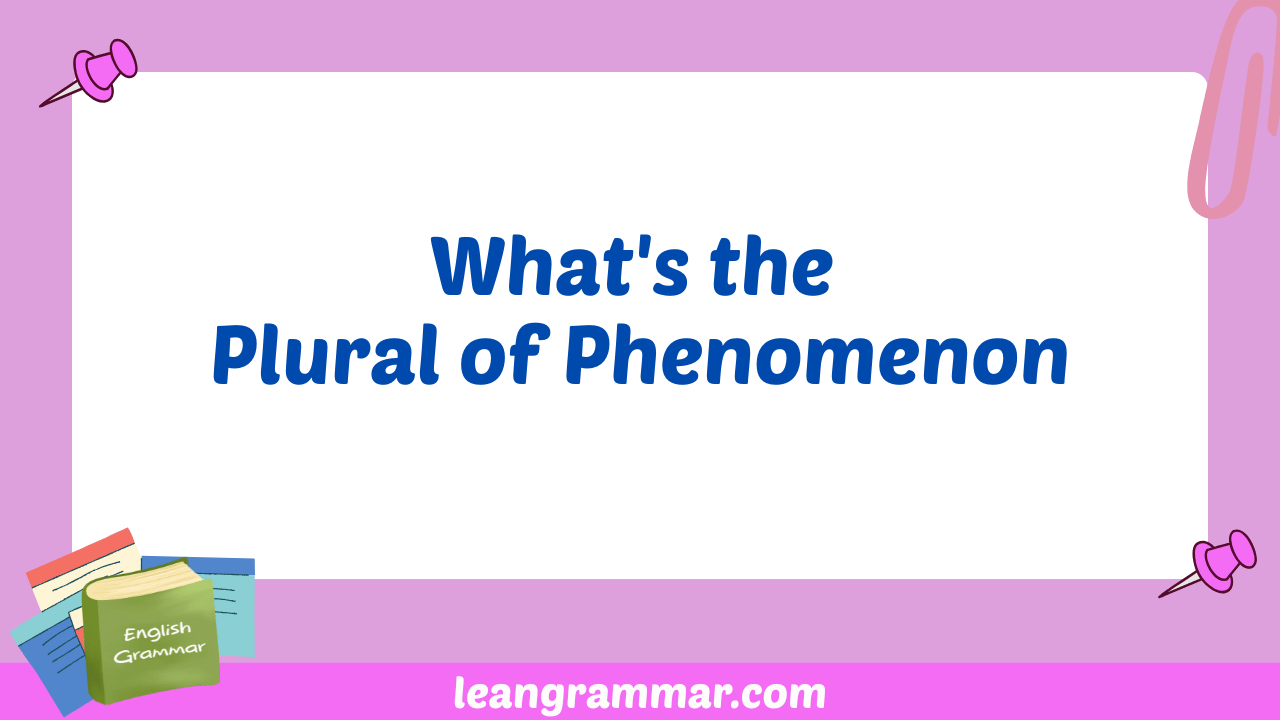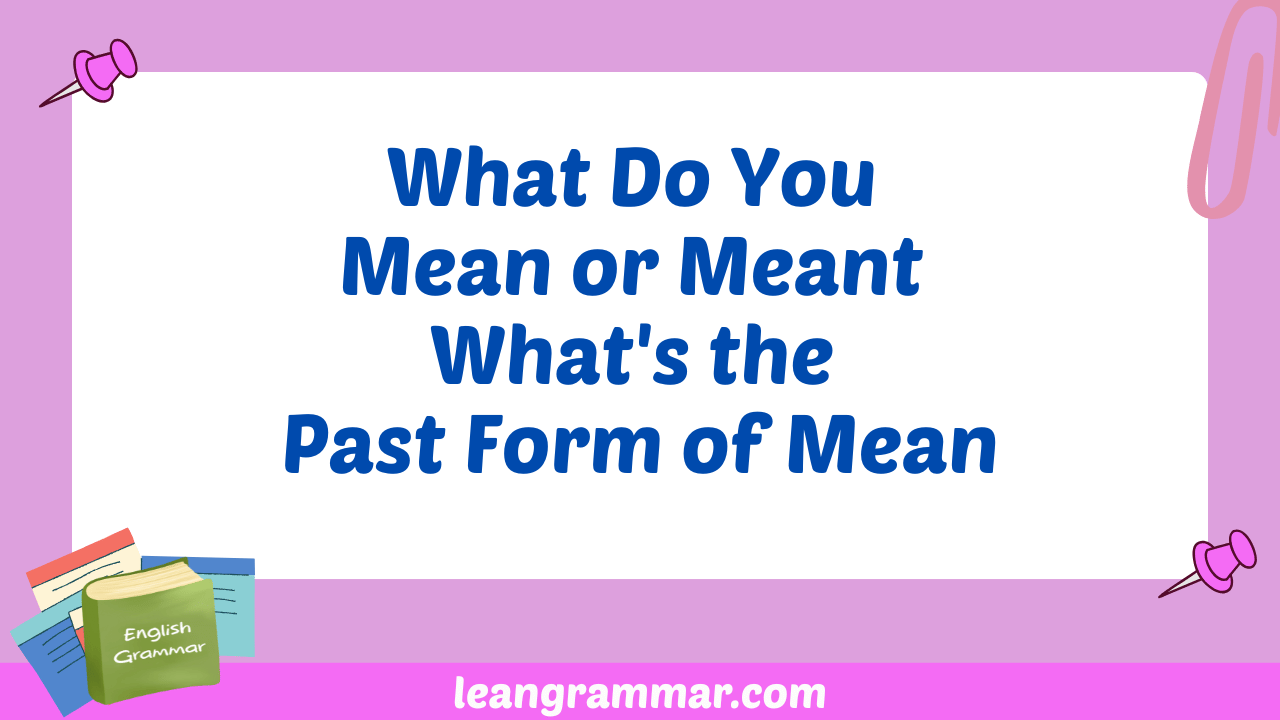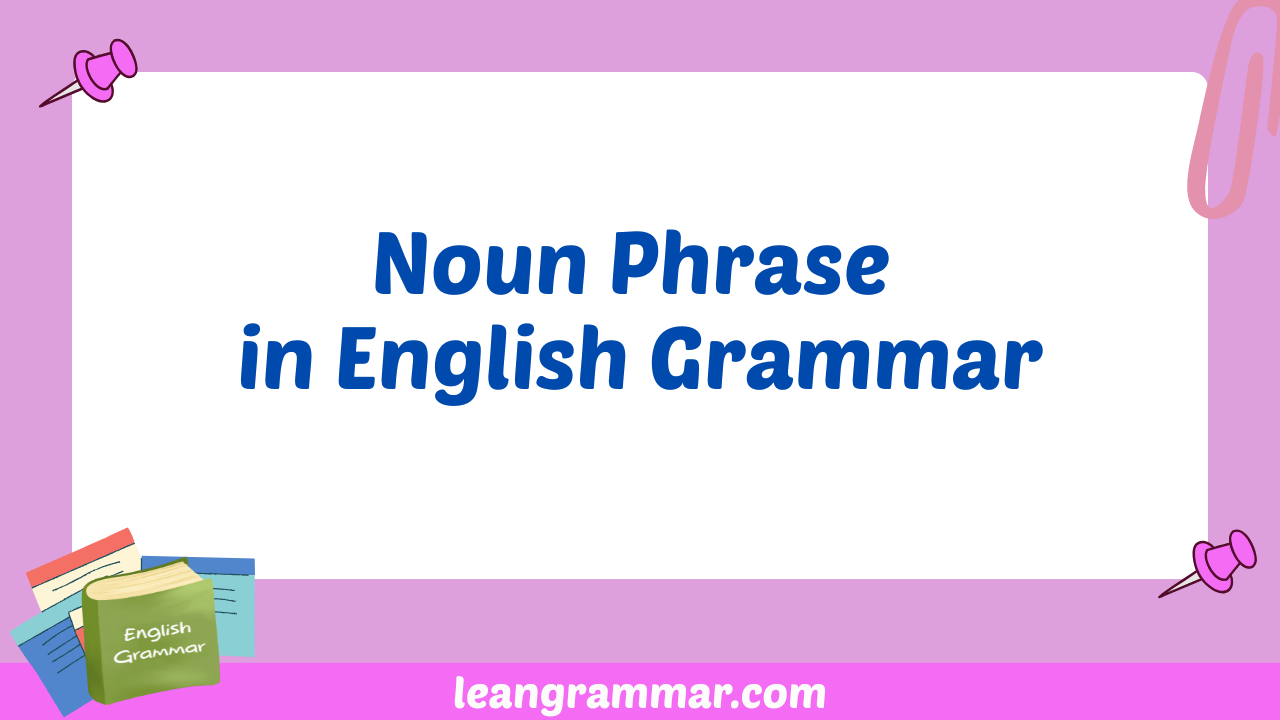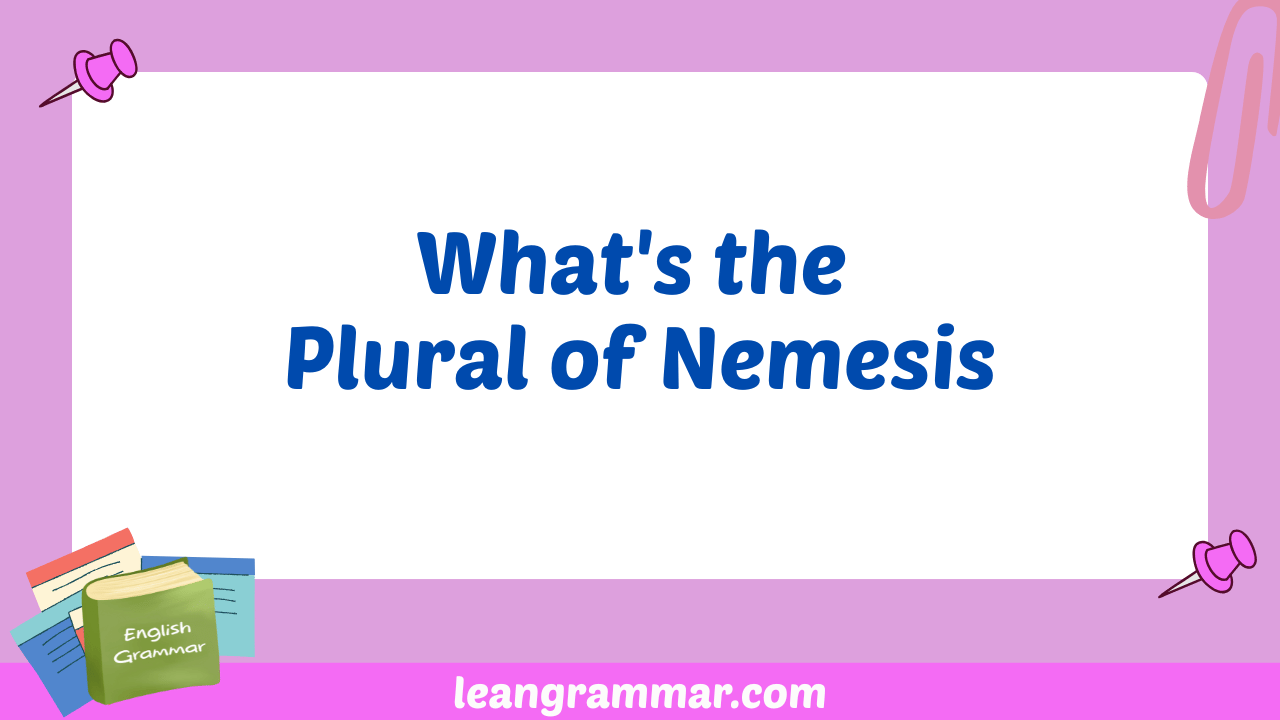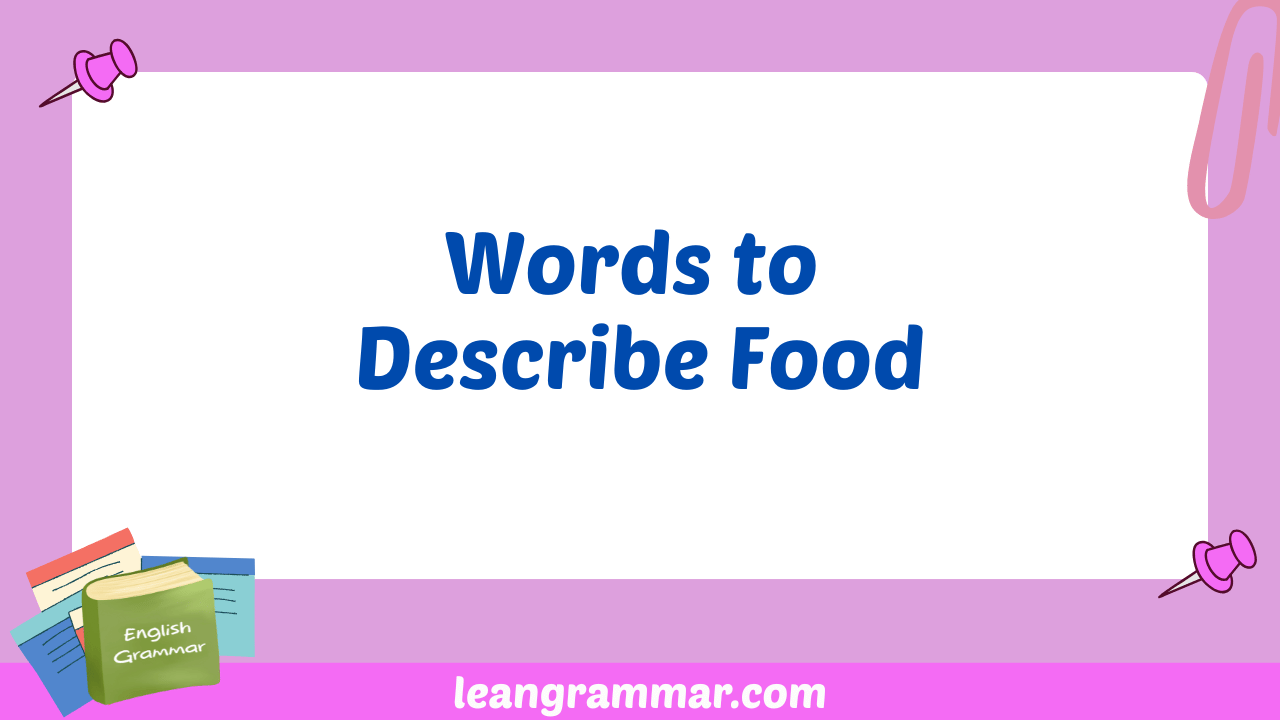Ultimate Guide to Teaching Verb Tenses to ESL Students
Mastering verb tenses is crucial for English as a Second Language (ESL) learners to communicate effectively and accurately. Verb tenses provide the framework for expressing when an action takes place, whether it’s in the past, present, or future. Understanding and correctly using verb tenses allows ESL students to convey their intended meaning with precision. This … Read more

